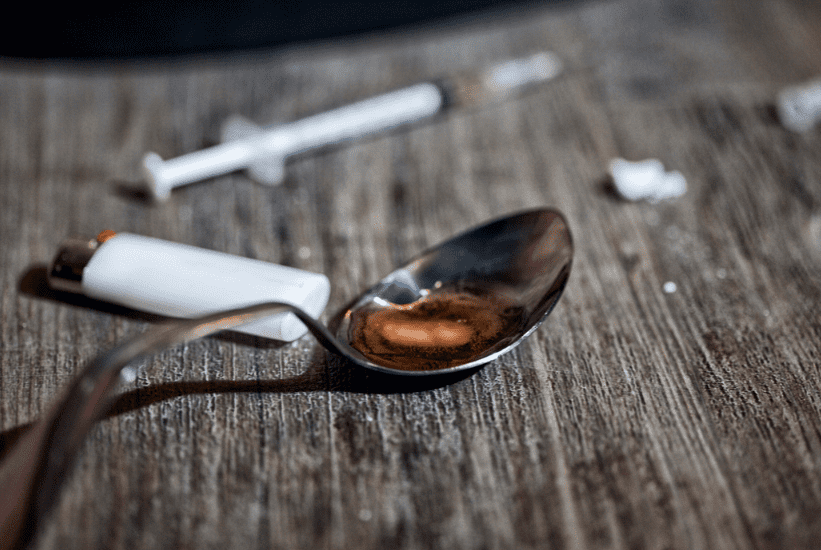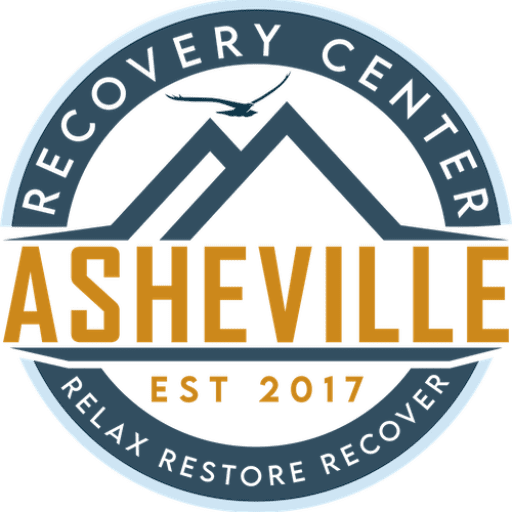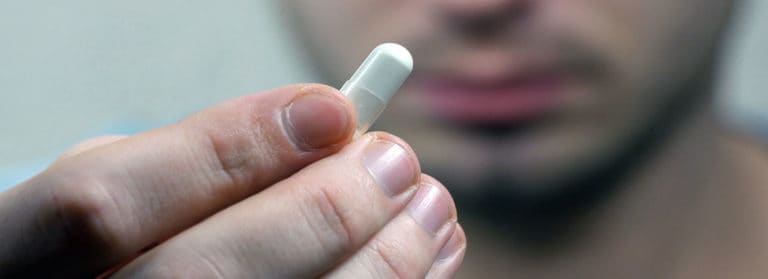Heroin addiction and opioid addiction, in general, have been in the news a lot in recent years. However, heroin addiction is still not fully understood. People assume that only regular users of the drug can become addicted to heroin. However, it is quite possible to develop a heroin addiction after just one use. To understand how this is possible, you need to understand exactly what heroin is and how it affects the body.
Heroin is made from morphine which is a substance taken from opium poppy plants. It can be either a white or brown powder or a black, sticky substance called black tar heroin. Heroin is also known as smack, big H, hell dust, or horse. People use it by smoking, snorting, sniffing, or injecting it. Some users also combine heroin with crack cocaine.
Prescription opioids like OxyContin and Vicodin are used for pain relief but they can be misused. They have a similar effect on the brain as heroin. Research suggests that misuse prescription drugs can open the door to heroin use, but heroin is often the first opioid some people use.

What Heroin Addiction Does to The Brain
Regardless of how heroin is taken, it enters the brain rapidly. It quickly starts to change the way the central nervous system works. While in the brain, heroin gets converted back to morphine and binds to the pleasure and pain receptors in the brain. It dulls pains while producing a rush of euphoria. It also affects the areas of the brain that control breathing, sleeping, memory, heart rate, motor control, and other functions.
Heroin causes the limbic system to produce dopamine and it gives the user a feeling of well-being for a short time. However, decreased mental ability and drowsiness follow and can last for hours. Even after using heroin once, the buzz created by dopamine can leave the brain wanting more. While each individual has a different likelihood of developing an addiction, the long-term effects of heroin include physical and psychological dependence after repeated use.
It is extremely easy to get addicted to Heroin and people who regularly use it often develop a tolerance. This means they need higher and/or more frequent doses to get the effects they want. A substance use disorder is present when ongoing use of the drug causes health problems or issues at work, school, or home. If someone is addicted to heroin and they stop using abruptly, they may experience severe withdrawal. Withdrawal symptoms can begin a few hours after the drug was last taken. They include:
- Severe cravings
- Diarrhea and vomiting
- Uncontrollable leg movements
- Cold flashes
- Severe muscle and bone pain
- Restlessness
- Sleep problems
Treating Someone With A Heroin Addiction
There are a variety of treatments if you know someone addicted to Heroin that can help them to stop using. Both medicines and behavioral therapies can be effective. However, the treatment approach must be tailored to the needs of each individual patient. The most common drugs are buprenorphine and methadone. They bind to the same opioid receptors in the brain as heroin but not as strongly. They reduce the severity of cravings and withdrawal symptoms. Methadone has been in use since the 1960s and it remains effective.
Another option is naltrexone. This blocks the opioid receptors and prevents them from having the usual effect. It can only be used after full detoxification. Naltrexone is not sedating or addictive and it doesn’t result in physical dependence. While medications can be very helpful, addicts usually get the best results when they also get behavioral therapy.
Options include cognitive-behavioral therapy and contingency management. Cognitive-behavioral therapy helps the patient to understand and manage the triggers and stressors that lead them to use. Meanwhile, contingency management provides incentives like vouchers or small cash rewards for positive behaviors like staying drug-free.
Take Control of Your Heroin Addiction with Help from Professionals
Being addicted to Heroin and quitting isn’t easy but it is possible, even if your addiction developed after your first time using. You shouldn’t try to quit on your own or with help from a non-professional. The withdrawal process can be painful so it’s best to have medical supervision and after you’ve detoxed, you’ll need support from a recovery specialist.
If you’ve seen the damage that heroin use can do to your life and you’re ready to make healthier choices, reach out to the professionals at Asheville Recovery Center in North Carolina. We offer a wide variety of treatment programs and we customize our treatments to each individual. No two addicts are the same, so we ensure we cater to each person who comes through our doors. Call us to schedule a consultation today.







